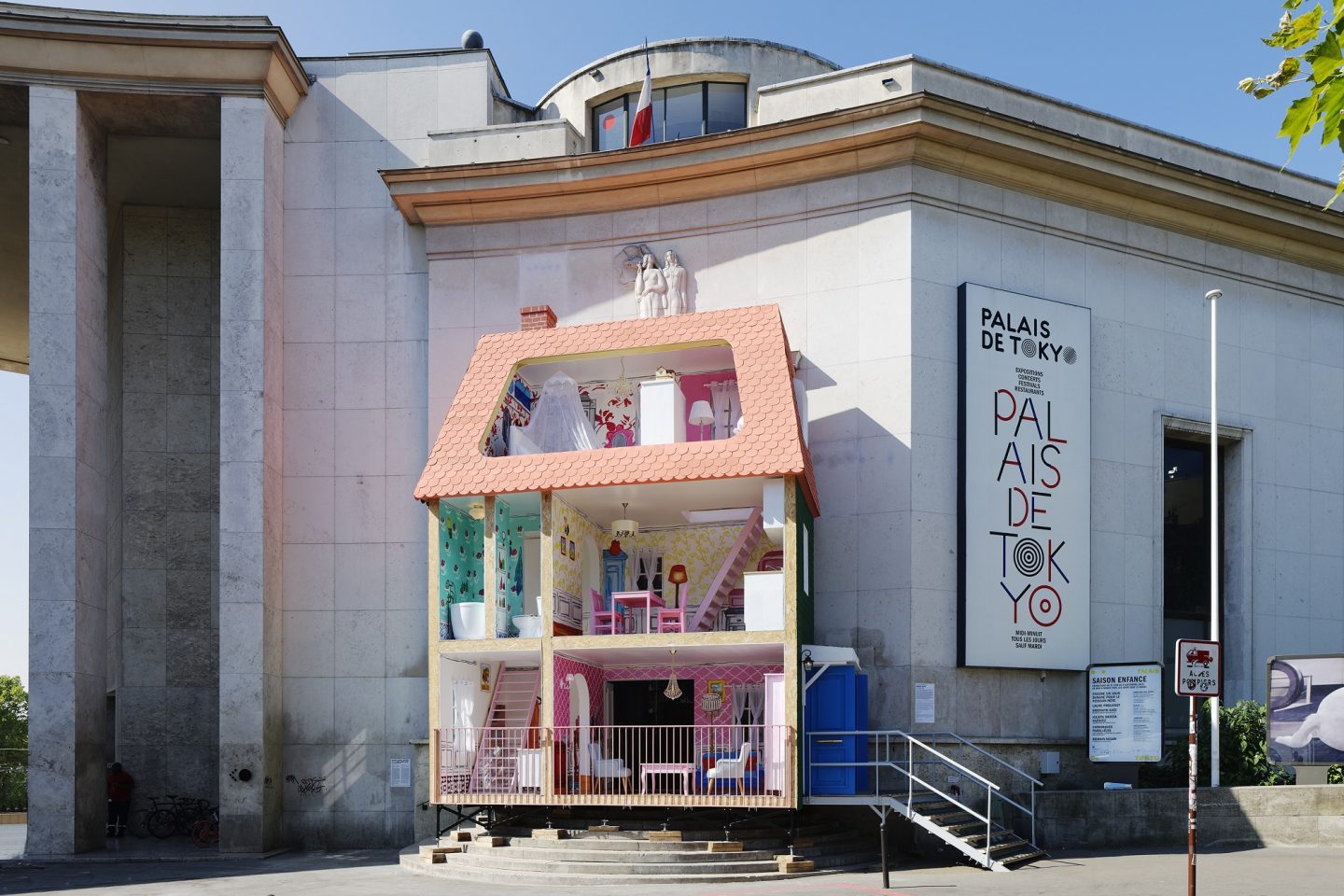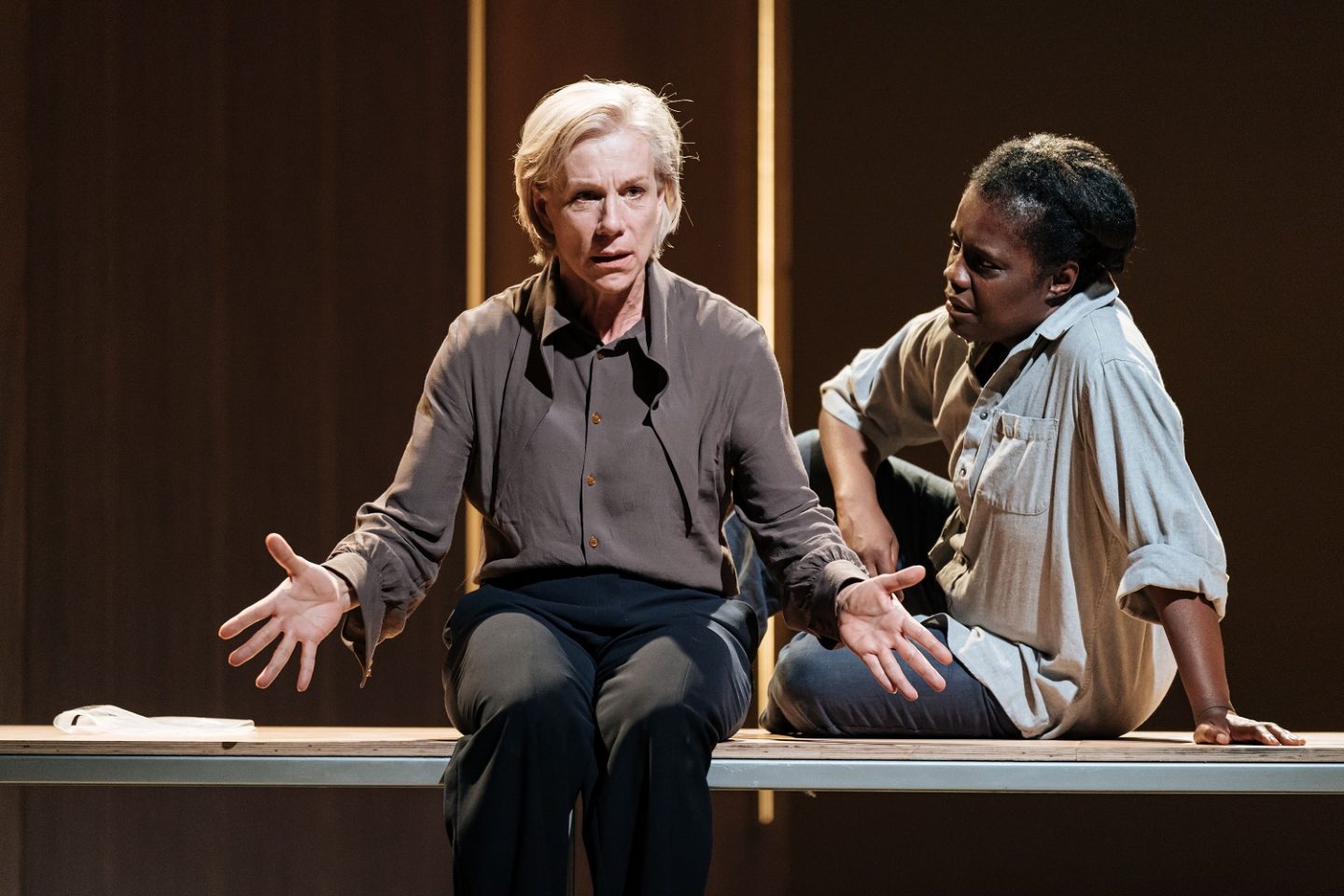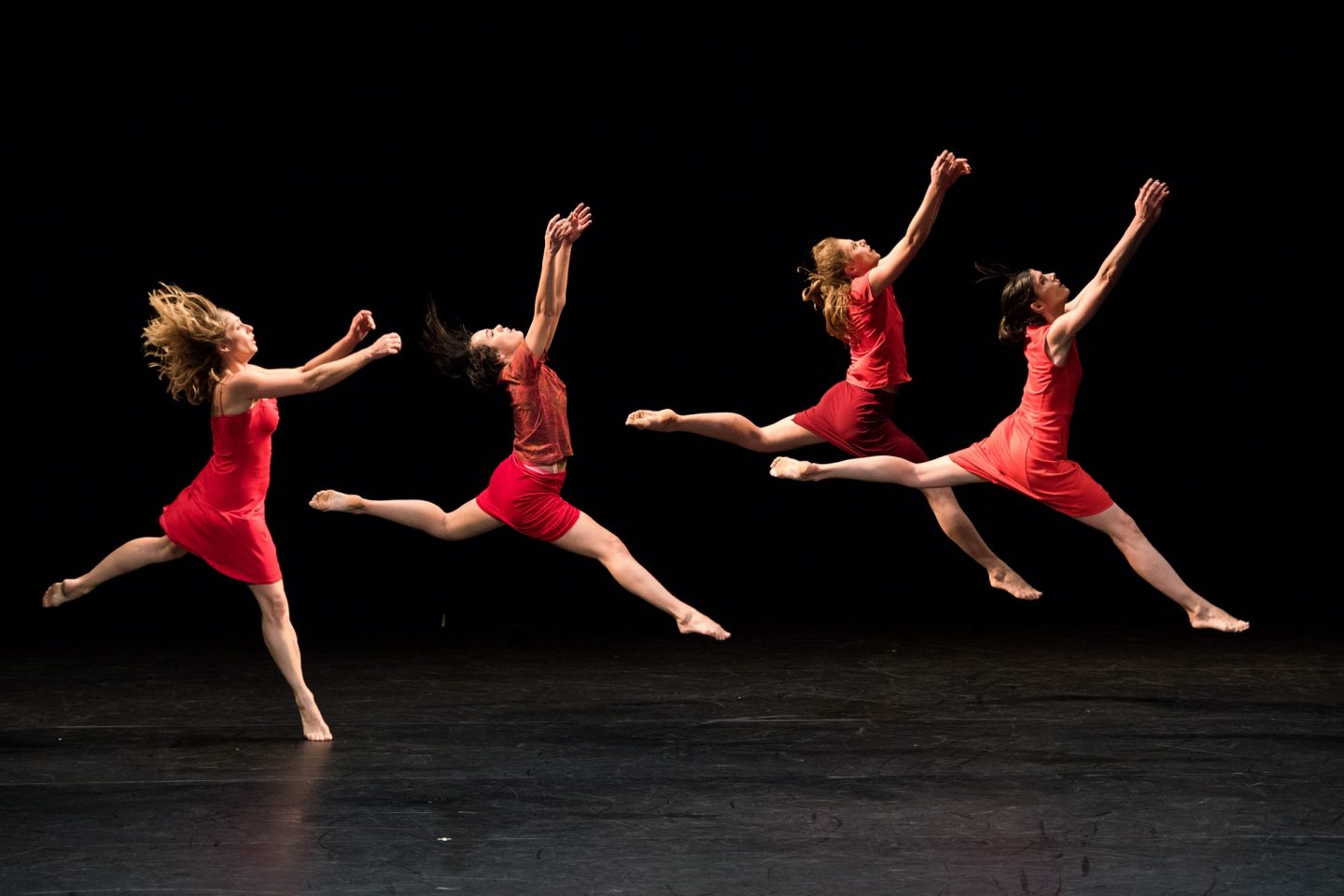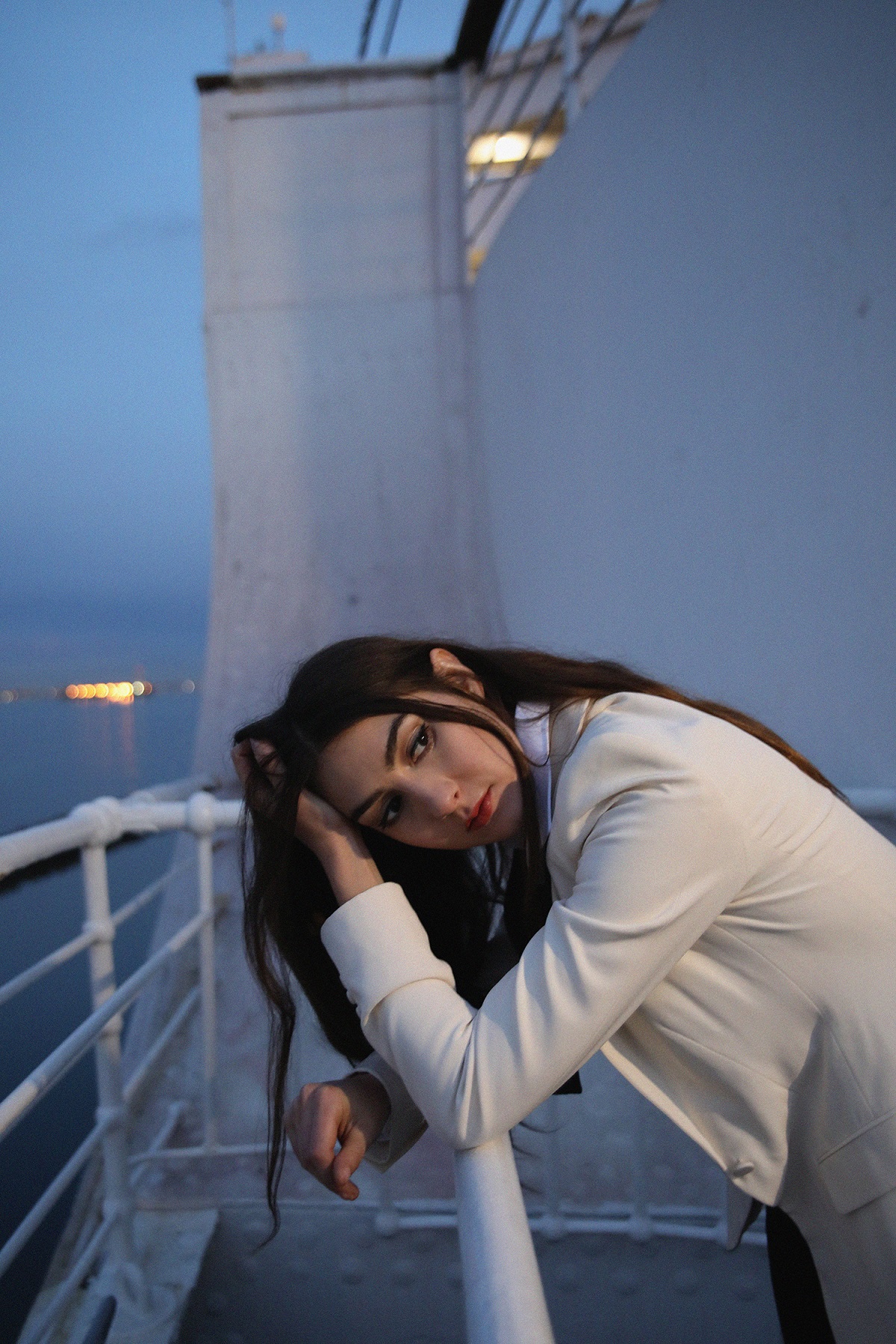An auspicious milestone warrants a party, and in 2020 Adelaide Festival will celebrate its 60th anniversary with a massive outdoor knees-up headlined by musical comedian and 2019 festival sellout Tim Minchin. The festival’s public programming will also include Fire Gardens, which will set French collective and 2017 WOMAD highlights Compagnie Carabosse loose on the Adelaide Botanic Gardens for four nights of fire-fuelled escapism. Rundle Mall will also host a public art spectacle of its own with Japanese artist Tatzu Nishi’s life-sized three-storey installation A Doll’s House.
Onstage, early 20th century play Professor Bernhardi is given a radical update in Robert Icke’s The Doctor, which places award-winning British stage veteran Juliet Stevenson (Bend It Like Beckham) at the heart of an ethical minefield as a doctor whose disagreement with a priest over how to treat a dying teenager sets off a chain reaction that draws national attention. Touching upon contemporary themes of identity politics and social media outrage cycles – a sequence in which Stevenson’s doctor attempts to set the story straight on live television seems set to evoke homegrown Q&A trainwrecks – the play drags the religious moral quandaries of Arthur Schnitzler’s 1912 original into a modern setting.
 Tatzu Nishi’s walk-through installation A Doll’s House will be recreated in Rundle Mall
Tatzu Nishi’s walk-through installation A Doll’s House will be recreated in Rundle Mall
Joining Romeo Castellucci’s previously announced operatic centrepiece Requiem will be Scottish opera Breaking The Waves, an adaptation of Lars von Trier’s 1996 film of the same name by composer Missy Mazzoli. Imported directly from its Edinburgh premiere season, the work features soprano Sydney Mancasola and Australian baritone Duncan Rock in complex and confronting story of a woman whose incapacitated husband asks that she seek out sex from other men, and tell him about it. It does not appear to go well.
Another 1996 revival comes in a new production of Lloyd Newson’s Enter Achilles, an artfully choreographed portrait of white British masculinity out on the piss. Born as it was of the Trainspotting-era zeitgeist of British lad culture, the original 90s production was by all accounts a hot button conversation piece in the 1996 Adelaide Festival. Revived in an obvious allusion to contemporary debates around toxic masculinity and the alienation and radicalisation of working class men, the work is likely to provoke even more discussion upon its return. Those themes continue through Kieran Hurley’s Mouthpiece, a new Scottish play that follows a down-on-her luck middle-class playwright who finds herself newly energised by a teenage boy whose raw artistic talent is as compelling as the story of his deprived home life.
 Juliet Stevenson in The Doctor
Juliet Stevenson in The Doctor
A more experimental work comes in Finnish/Egyptian filmmaker Samira Elagoz’s Cock Cock… Who’s There?, a film-and-performance meditation on how men interact with women and their bodies through the prism of her own rape. Forming an interesting counterpoint to Nat Randall’s The Second Woman in the 2019 program, taken hand-in-hand with The Doctor and Mouthpiece, it’s an inclusion that once again puts questions of gender, power and identity at the fore.
But there is also lightness and escapism to be found in the 2020 program, with one of its most intriguing inclusions also its most intimate. Cold Blood from Belgian choreographer Michèle Anne De Mey and filmmaker Jaco Van Dormael promises a mesmerising blend of film and live performance, as performers’ hands become the subject of a choreographed ‘micro dance’, finger-walking and finger-dancing their way through scale-blurring scenes and tableaus from synchronised swimming to outer space.
In The Lighthouse Patch Theatre will unveil its first major work since Geoff Cobham took the reigns this year, while Australian performer Lee Wilson’s High Performance Packing Tape looks set to be the most gripping and entertaining work of stationery-based physical theatre this side of Officeworks.
For lovers of dance, Lyon Opera Ballet’s Trois Grandes Fugues is perhaps the most dynamic of the festival’s many celebrations of Beethoven’s 250th birthday, with not one but three new spins on his The Great Fugue from a trio of esteemed women choreographers. Performed in succession, American Lucinda Childs, Belgium’s Anne Teresa De Keersmaeker and France’s Maguy Marin each offer their response to a different recording of the work in what is sure to be a captivating dance triptych.

In addition to Castellucci’s Requiem, the festival’s two other major musical centrepieces lend the program its spiritual heart, beginning with the world premiere of Buŋgul, a new work that interprets Gurrumul Yunupiŋu’s final album, the orchestral Djarrimirri (Child of the Rainbow), for the stage. Conceived in North East Arnhem, this expansive live performance featuring Yolnu dancers and songmen alongside the Adelaide Festival Orchestra as it sets Yunupiŋu’s widely-beloved work in its deeper context of the thousands of years of culture, language tradition it draws upon.
Over four days 150 Psalms will celebrate the 150 songs of the Old Testament’s Psalms in a series of twelve concerts in holy spaces around Adelaide including the Pilgrim Uniting Church, St Peter’s Cathedral and Glenside’s Adelaide Hebrew Congregation. Across four days the concerts will feature a broad menu of musical interpretations of these age-old texts by the likes of Bach, Brahms and Britten and new compositions by Elena Kats-Chernin, Clare Maclean, Cathy Milliken and Kate More, performed by a clutch of world class choral ensembles in England’s The Tallis Scholars, the Netherlands Chamber Choir, the Norwegian Soloists’ Choir and Australia’s The Song Company.
 Weyes Blood will perform at the festival’s 2020 pop-up venue The Workshop
Weyes Blood will perform at the festival’s 2020 pop-up venue The Workshop
While the great Adelaide pontoon Riverbank Palais was finally set adrift after this year’s festival, the State Theatre Company’s workshop in the bowels of the Adelaide Festival Centre will be the festival’s latest 2020 pop-up venue with a contemporary music program that includes Californian singer/songwriter Weyes Blood, Canadian indie rock supergroup The New Pornographers, jazz legend Vince Jones and the Heavy Hitters and Austrian electro swing outfit the Parov Stelar Band, along with a previously announced WOMADelaide lineup that includes Mavis Staples, Aldous Harding, The Cat Empire and Bill Callahan. The festival’s musical program will also get a head start when UK poet, writer and rapper Kate Tempest performs at Lion Arts Factory on Thursday 27 February.
The 2020 festival will also include the return of the Adelaide // International visual art program, Adelaide Writers’ Week and the Art Gallery of South Australia’s 20th anniversary Adelaide Biennial, Monster Theatres.
Outside its programming, Adelaide Festival has also revealed it will be the first major Australian arts festival to receive carbon neutral certification.
Explore the full 2020 Adelaide Festival program here
Adelaide Festival
28 February – 15 March
adelaidefestival.com.au
Related Article
Adelaide Writers’ Week explores being human in first 2020 program reveal
Related Article
WOMADelaide reveals first taste of 2020 lineup
Walter is a writer and editor living on Kaurna Country.
Get the latest from The Adelaide Review in your inbox
Get the latest from The Adelaide Review in your inbox